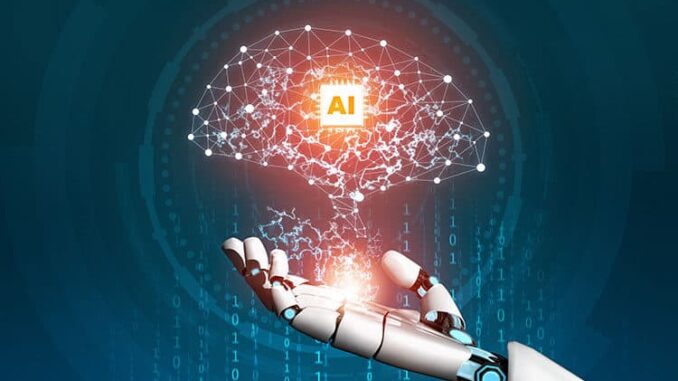
Absolutely, iterative development is a fundamental aspect of building AI systems effectively. Here are some key reasons why iterative development is crucial in AI:
Complexity of Problems: AI problems are often complex and nuanced. Iterative development allows teams to tackle these complexities in smaller, manageable pieces, making it easier to understand, design, and refine models.









Data Challenges: AI systems rely heavily on data. Iterative development enables teams to continuously gather, preprocess, and analyze data, leading to improved data quality and relevance, which directly impacts model performance.
Experimentation and Tuning: AI development involves constant experimentation, particularly with algorithms and hyperparameters. An iterative approach encourages regular testing of different models and configurations, facilitating the discovery of the most effective solutions.
User Feedback: AI applications often need to meet user expectations and preferences. Iterative development allows for frequent feedback loops with end-users, enabling developers to make adjustments that enhance user experience and satisfaction.
Documentation of Learning: Each iteration can capture lessons learned, which can be documented and referenced. This ongoing documentation is invaluable for future development, enabling teams to avoid repeating mistakes and to build on successes.
Integration and Deployment: AI systems often need to be integrated with existing systems and processes. Iterative development allows for gradual integration and continuous assessment of how well the AI functions in its intended environment.
Agility and Adaptation: The field of AI is rapidly evolving, with new techniques, tools, and research emerging regularly. An iterative approach allows teams to stay adaptable and incorporate new findings or methodologies into their projects.
Risk Mitigation: By developing in iterations, teams can identify potential issues early in the development cycle. This proactive approach helps in mitigating risks and ensuring that major problems are addressed before they become more significant.
In summary, iterative development is critical in AI to handle the complexities of machine learning models, foster continuous improvement, ensure user relevance, and adapt to an ever-changing field of technology. This approach not only enhances the quality of AI solutions but also improves the efficiency and effectiveness of the development process.
Copy
Search Web
Summarize
Delete
Chat with AI…
Go
Chat Mode
Choose your Chat Mode
Chat History
Rename your current chat here
New Title
Rename
Chat Manager
Manage your current chats here
Delete This Chat
Delete All Chat History
Learn more about AI:
What is AI
Explore different AI Chat Modes:
Chat with AI Characters!
AI Text Generator
Math AI
AI Debate
AI Drunk Friend
AI Poem Generator
Translate
AI Comedian
AI Storyteller
Free ChatGPT
ChatGPT Alternative
GPT Chat
AI Relationship Coach
AI Proofreader
See more
Learn more about AI Chat:
What is Genius Mode?
It is an enhanced version of AI Chat that provides more knowledge, fewer errors, improved reasoning skills, better verbal fluidity, and an overall superior performance. Due to the larger AI model, Genius Mode is only available via subscription to DeepAI Pro. However, the added benefits often make it a worthwhile investment.
What is Online Mode?
It is an add on that enables AI Chat to browse the web for real-time information. It is a great way to learn new things and explore new topics. Sign in to your DeepAI account (no subscription required!) to gain access to this feature.
Ideas for Chatting with the AI
– Can you describe the concept of relativity to me in layman’s terms?
– What are some unique and entertaining ways to celebrate a friend’s anniversary?
– Could you walk me through how to use loops in Python?
Strengths
– Can recall information from previous conversations to provide personalized responses.
– Allows users to correct any misunderstandings or errors in the previous interaction.
– Is programmed to refuse inappropriate or harmful requests.
Weaknesses
– Can occasionally provide incorrect information due to limitations in its training data or understanding.
– May inadvertently provide instructions or suggestions that are harmful or biased without realizing it.
– Limited knowledge of current events and developments beyond the training data cutoff of 2021.
flops
Deep AI, Inc. ©
Contact
Press
Legal
xlogo
linkedinlogo

Leave a Reply